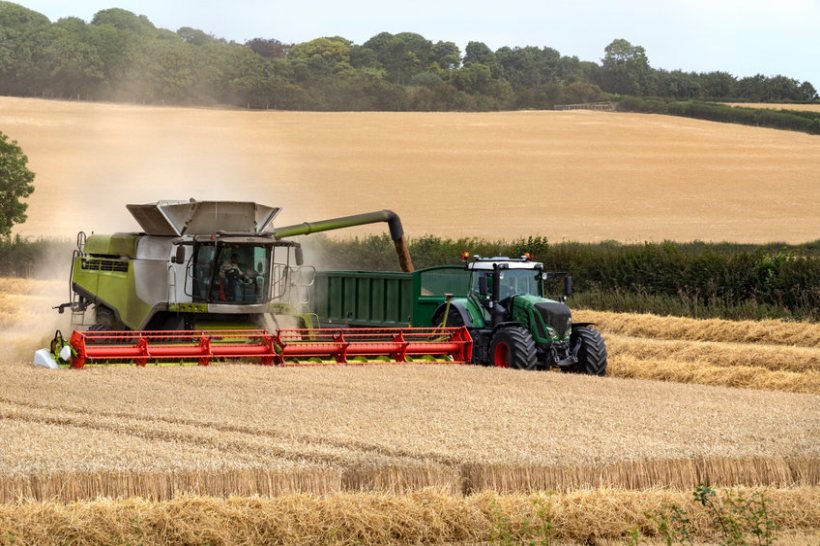
The war in Ukraine and a monumental shift in UK farming policy are causing concern among young farmers over the UK's ability to feed itself.
With the Ukraine-Russia conflict threatening a global food security crisis, a new survey has revealed young farmers’ concerns for the future of British farming.
Conducted by the National Federation of Young Farmers’ Clubs (NFYFC), it reflects the industry's fears even before the war had started.
In particular, the Future Land Use survey puts a spotlight on global food supplies, as well as surging prices following the pandemic and Brexit.
The challenges for this generation of farmers are greater than any in living memory, as the world saw the a pandemic for the first time in 100 years and, now, a new European war.
Young farmers are also having to adapt to the demands of seismic change in UK agricultural policy, while coping with the global shock of rising inflation.
The greatest future policy priorities identified for land management were food security, balancing environmental and food production and the opportunity for respondents to live and work in rural areas.
More than two thirds - 67% - said food security was the most important issue for future policy development, while 40% said a commitment to food production was.
The barriers to access farming for new entrants was also highlighted, with over 70% saying it would be difficult or impossible for new entrants to enter the industry.
One survey respondent said: “More important now than ever for the UK to be able to survive by itself without reliance on any other countries, with the pandemic and Brexit, this is shown to be massively important.
"This would mean we would have more control over food prices and food growing practices and chemicals. With a growing population, we need to be able to provide for more of the population using our own resources.”
Over one-third of young farmer respondents (39%) were uncertain about the seven-year transition away from an EU-based system to the UK's new schemes.
Despite a good grasp of reasons behind the changes ahead, the survey findings suggest a high proportion of young people looking to enter or progress in the industry believe it will become more difficult.
Only a third (32%) felt that there are relevant training and development opportunities across England for people wanting to get into farming or land management.
Responding to the results, NFYFC’s YFC AGRI chair, Charlotte Garbutt called on Defra to consider the 'key role' that food production and a future workforce played in land management.
"All the usual barriers for new entrants and next generation farmers and land managers need support and review, such as access to finance and land, business support and effective mentoring.
“While young farmers are keen to address the challenges ahead, there must be a clear understanding of how new government schemes will work in harmony with food production and land management.
“Common sense and government departments’ joined-up thinking need to kick into action to ensure that our future business plans can be viable."
Uncertainty for the future was prominent in the survey, with 60% saying they do not know how future policy changes will affect them – (21%) felt the changes would be positive and (18%) considered them to be negative.
The findings suggest young farmers want more details, input and consideration about the proposed changes so they can better understand their impact.
